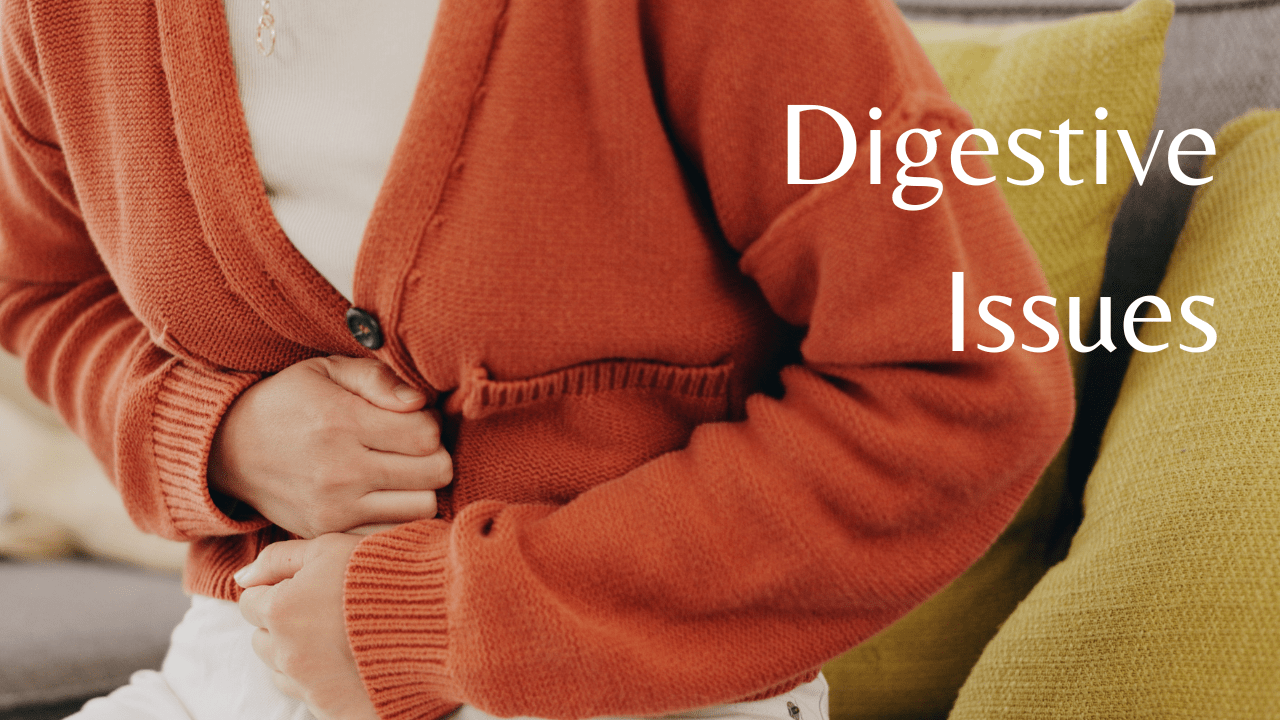


As oestrogen and progesterone levels drop, it can affect everything from gut motility (how quickly food moves through your system) to the balance of bacteria in your gut microbiome. These changes can lead to:
And if you’re also experiencing increased anxiety or disrupted sleep, these can make digestive symptoms feel even worse.
So, what can help? Start with small, consistent changes:
If you’re struggling, it’s always worth speaking to your GP or a nutritionist who understands the impact menopause can have on the gut. You don’t need to suffer in silence, and with the right support, you can feel more in control of your body again.